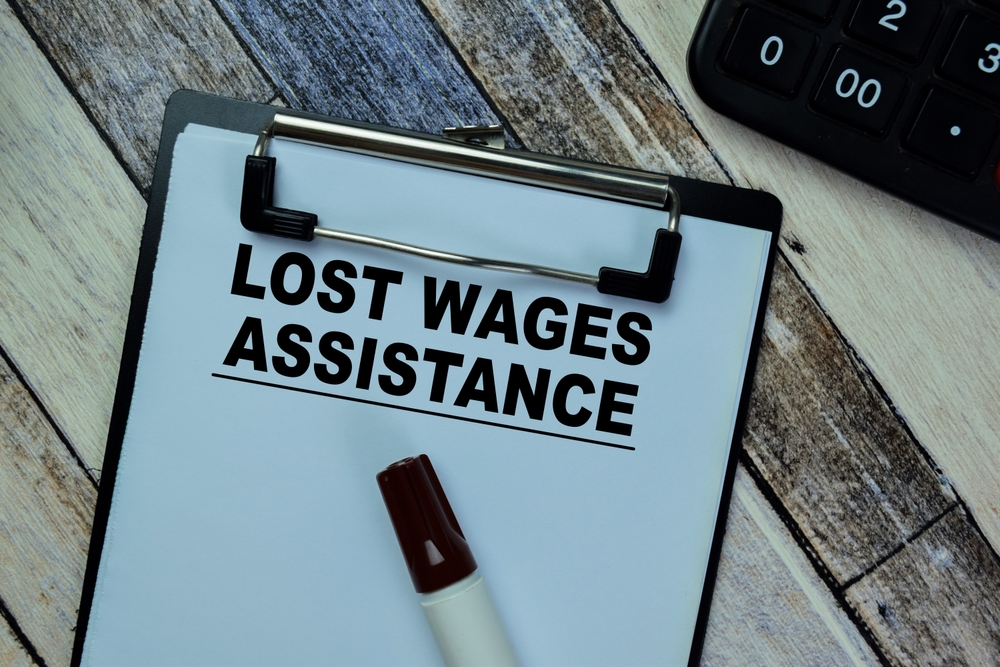What's Your Case Worth?404-920-4736

After a car accident in Georgia, many victims face serious financial hardships, including the loss of income due to missed work. When injuries prevent someone from returning to their job, the financial strain can become overwhelming. Recovering lost wages is an essential part of a personal injury claim, allowing accident victims to seek compensation for the income they could not earn during their recovery. Our firm helps injury victims understand their rights under Georgia law and ensure they receive the compensation their cases deserve.
Lost wages go beyond just hourly pay or salary. Wages can also include bonuses, commissions, and other income benefits. In Georgia, accident injury victims have the right to pursue monetary compensation for lost income if another party’s negligence caused their injuries. To recover these damages, you must provide the court with the proper documentation. Failing to take the necessary steps can leave victims without the financial support they need during recovery.
Under Georgia law, accident victims can seek compensation for lost wages as part of a personal injury claim. O.C.G.A. § 51-1-6 allows individuals to hold a negligent party financially responsible for damages, including income lost due to the accident. To recover these damages, the injured party must demonstrate:
Lost wages are considered economic damages, meaning they are measurable financial losses. These damages are separate from non-economic damages, such as pain and suffering, and must be supported by clear evidence.
To recover lost wages, accident victims must provide evidence that clearly establishes the income they missed due to their injuries. Courts typically require:
Providing comprehensive documentation is critical to ensuring the court fully understands the extent of the lost income. Without this proof, recovering damages can be challenging.
Georgia follows a modified comparative negligence rule under O.C.G.A. § 51-12-33. This law states that an injured party can recover damages if they are less than 50% at fault for the accident. However, their compensation will be reduced by their percentage of fault. For example, if the court finds the victim 20% at fault, their lost wage recovery would be reduced by 20%.
This rule makes it essential for accident victims to have strong legal representation to minimize fault attribution and maximize compensation for lost wages.
In some cases, injuries may prevent a victim from returning to their job for an extended period or permanently affect their ability to earn income. Georgia law allows victims to seek compensation for:
Calculating future lost wages requires expert testimony, such as from medical professionals and vocational experts, to project how the injury will impact long-term earning potential.
Lost wages refer to income you could not earn because your injuries prevented you from working. This includes regular pay, bonuses, overtime, commissions, and even income from self-employment or contract work. Under O.C.G.A. § 51-1-6, victims can seek compensation for all income lost due to the accident.
Self-employed individuals can prove lost wages using tax returns, profit and loss statements, bank statements, and documentation showing missed business opportunities. Client contracts and canceled invoices can also be helpful in establishing the financial impact of the accident. It is important to keep detailed records and work with an attorney familiar with complex wage claims to ensure all income is accounted for.
Yes, Georgia law allows accident victims to seek compensation for both current and future lost wages if the injuries affect their ability to work long-term. To prove future lost wages, medical records, expert testimony, and vocational assessments may be necessary to demonstrate the ongoing impact on earning capacity.
If your employer refuses to provide a statement confirming your missed work, you can still prove lost wages with pay stubs, tax documents, and medical records. Testimony from coworkers or prior employment records can also support your claim. Our legal team can work with your employer directly to obtain the necessary documentation.
The statute of limitations for personal injury claims in Georgia is generally two years from the date of the accident,according to O.C.G.A. § 9-3-33. This deadline applies to all damages, including lost wages. Failing to file within this period can result in losing the right to seek compensation.
Georgia is an at-fault state, meaning the party responsible for the accident is liable for damages, including lost wages. If you carry personal injury protection (PIP) coverage, your policy may also help cover some lost income while your injury claim is pending. However, insurance companies often try to minimize payouts, making it essential to have legal representation to pursue the full compensation you deserve.
At Shani O. Brooks P.C., we understand how lost wages can create significant financial strain after a car accident. Our auto accident attorneys fight to make sure that accident victims recover the full compensation they deserve under Georgia law, including lost wages and other financial losses.
Contact our Atlanta car accident attorney at Shani O. Brooks P.C. Attorneys at Law by calling 404-920-4736 to receive your free consultation. Let us protect your financial stability and fight for the financial compensation your case deserves.